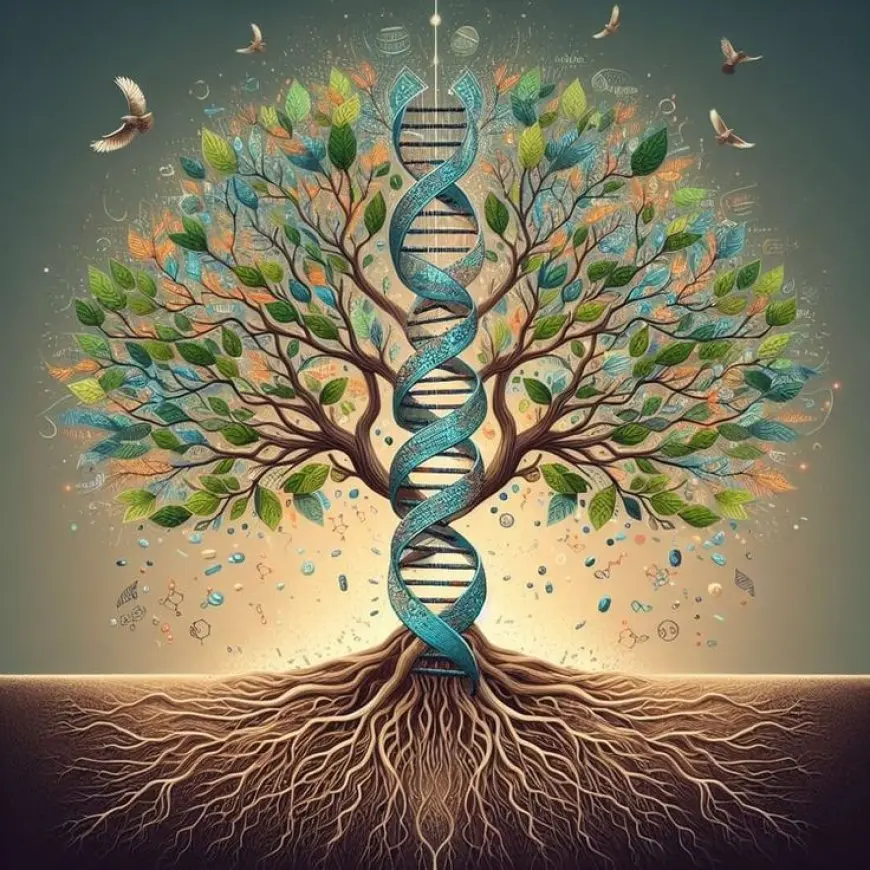The Importance of Genetic Diversity in Nature
The Importance of Genetic Diversity in Nature

Genetic diversity is a cornerstone of life on Earth, underpinning the resilience and adaptability of species. It refers to the variety of genes within a population or species, influencing traits such as physical characteristics, behavior, and survival strategies. The preservation of genetic diversity is essential for healthy ecosystems, evolutionary processes, and the continued existence of life forms.
Enhancing Resilience to Environmental Changes
Populations with high genetic diversity are better equipped to adapt to changing environmental conditions. Diverse gene pools provide a range of traits that may enhance survival in the face of challenges like climate change, habitat loss, or disease outbreaks. For example, some individuals within a genetically diverse population may possess traits that enable them to withstand extreme temperatures, resist infections, or find new food sources.
When genetic diversity is low, populations become more vulnerable to extinction. A lack of variation reduces the chances of individuals adapting to new challenges, leading to decreased survival rates.
Supporting Ecosystem Stability
Genetic diversity contributes to the stability and productivity of ecosystems. Different species with diverse genetic traits interact in ways that support ecosystem functions such as pollination, nutrient cycling, and pest control. In agriculture, for example, diverse crop varieties can reduce the risk of total crop failure caused by pests or diseases.
In natural ecosystems, genetic variation among species fosters a balanced food web and ensures that no single species dominates, promoting overall ecosystem health.
Facilitating Evolutionary Processes
Genetic diversity is the raw material for evolution. Natural selection acts on variations within a population, favoring traits that enhance survival and reproduction. Over time, this process leads to the development of new species and adaptations that enable life to thrive in diverse environments.
Without genetic diversity, evolutionary processes slow down, limiting the ability of species to adapt to new challenges or opportunities. This stasis can threaten biodiversity and ecosystem integrity.
Human Impacts on Genetic Diversity
Human activities such as deforestation, pollution, and overhunting are major threats to genetic diversity. Habitat destruction fragments populations, reducing gene flow and isolating groups of individuals. This isolation can lead to inbreeding, where closely related individuals reproduce, increasing the likelihood of harmful genetic mutations.
Conservation efforts that protect habitats, establish wildlife corridors, and maintain large populations are critical for preserving genetic diversity. Initiatives such as seed banks and captive breeding programs also play a role in safeguarding the genetic resources of endangered species.
Genetic diversity is a fundamental component of life that ensures the adaptability, stability, and evolutionary potential of species and ecosystems. By understanding its importance and taking steps to protect it, humanity can help sustain the natural world for future generations. Preserving genetic diversity is not just an environmental imperative but a crucial step toward maintaining the health of our planet.







